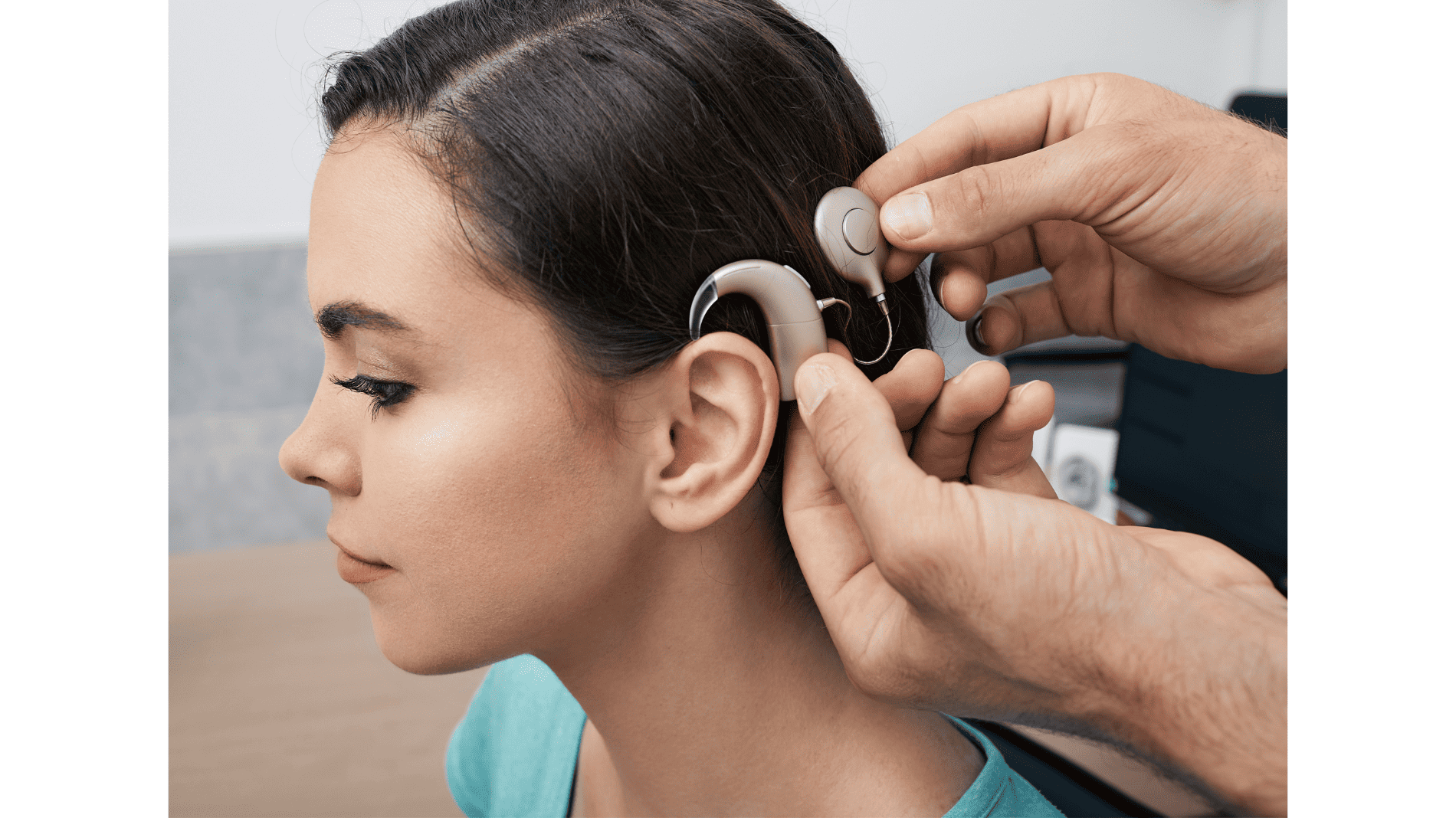
Parenting is a journey filled with challenges and triumphs, and when your teenager is navigating the complexities of adolescence with hearing loss, additional considerations come into play. As a parent, your support, understanding, and advocacy can make a significant impact on your teen’s well-being.
Understanding the Teenage Experience with Hearing Loss
If your teen has hearing loss, you want to understand their experience. Foster an environment of open communication and encourage your teen to express their feelings. Create a safe space where they feel comfortable discussing challenges and triumphs.
Adolescence is a critical time for social development. Support your teen in developing strong social skills, such as active listening, effective communication, and assertiveness. You can even role-play various social scenarios to build their confidence.
It’s important to equip your teen with knowledge about their hearing loss. Help them understand their unique needs, the technology available to them (such as hearing aids or cochlear implants), and how to advocate for themselves in various situations.
Navigating Challenges in Academic Settings
Work collaboratively with your teen and their teachers to advocate for necessary accommodations in the classroom. This may include preferential seating, the use of assistive listening devices, or additional time for assignments. Empower your teen to communicate their needs in academic settings and ask for the support they need.
Collaborate with Educational Professionals
You can provide information to teachers about your teen’s hearing loss, its impact, and the best ways to communicate. Foster a supportive environment that encourages understanding and empathy.
Maintain open communication with educators and educational professionals involved in your teen’s academic journey. Regular check-ins can help address challenges promptly and ensure a supportive learning environment.
Practical Tips for Everyday Life
If your teen is living with hearing loss, here are some practical tips for daily life:
- Utilize Technology: Leverage technology to enhance communication. Encourage the use of text messages, video calls, and communication apps to facilitate interaction with peers.
- Create a Communication Plan: Work together with your teen to develop a communication plan that outlines effective ways to communicate in various settings. This can include signaling when they didn’t catch something or expressing when they need clarification.
- Promote Independence in Healthcare: Support your teen in taking ownership of their hearing health. Teach them how to clean and maintain their hearing devices, schedule appointments with their hearing health specialist, and troubleshoot common issues.
- Explore Extracurricular Activities: Encourage your teen to explore interests and passions outside of the academic realm. Whether it’s joining a sports team, participating in music, or engaging in community service, extracurricular activities contribute to personal growth and social development.
- Promote Healthy Habits: Ensure your teen prioritizes their overall health. A balanced diet, regular exercise, and sufficient sleep contribute not only to physical well-being but also to emotional resilience.
Advocacy in the Wider Community
As a parent, you can actively engage in raising awareness about hearing loss within your community. This helps create an inclusive environment that supports individuals with hearing differences.
- Collaborate with School Staff: Work collaboratively with teachers, counselors, and school administrators to implement policies and practices that support students with hearing loss. Advocate for ongoing training to ensure a more inclusive educational experience.
- Attend IEP Meetings: If applicable, actively participate in Individualized Education Program (IEP) meetings to ensure that your teen’s unique needs are considered and addressed in the academic setting.
- Explore Mentorship Opportunities: Connect your teen with mentors who have successfully navigated adolescence with hearing loss. Mentorship provides valuable insights and encouragement from those who have walked a similar path.
- 5Encourage Extracurricular Involvement: Support your teen’s involvement in extracurricular activities within the community. This can help them build a network of friends and allies, fostering a sense of belonging.
Nurturing Independence and Confidence
As a parent, your role in supporting a teen with hearing loss goes beyond addressing the physical aspects; it includes nurturing your teen’s emotional well-being, fostering independence, and advocating for inclusivity in all aspects of their lives. By taking a holistic approach and actively engaging with your teen, you contribute to the development of a confident, resilient, and empowered young person ready to embrace the challenges and triumphs of adolescence and beyond.
Remember, your guidance and advocacy lay the foundation for a future where your teen not only thrives but also inspires others on their journey toward success and self-discovery.
Visit us today for more support for you and your teen.
